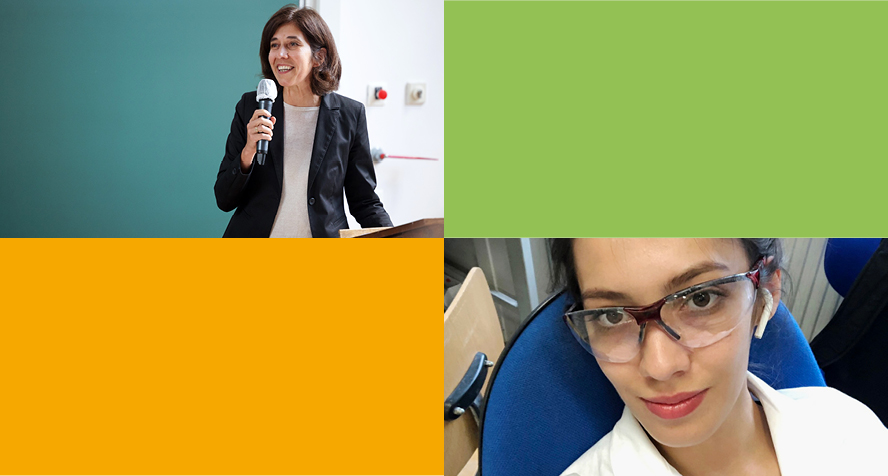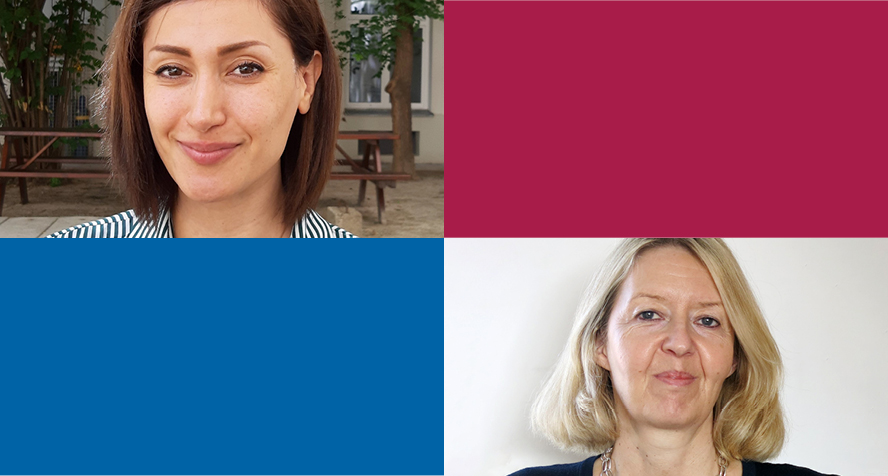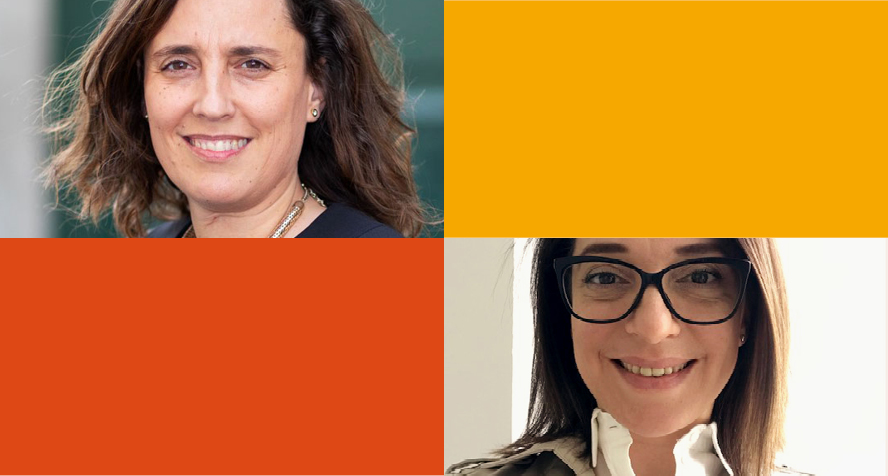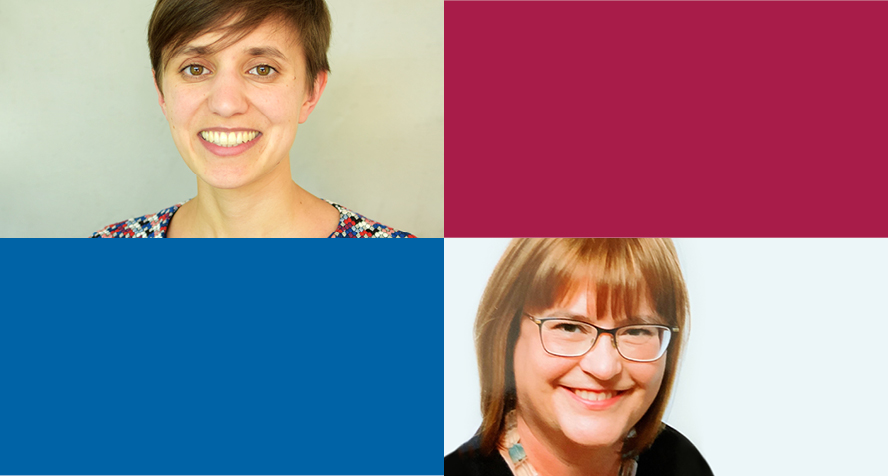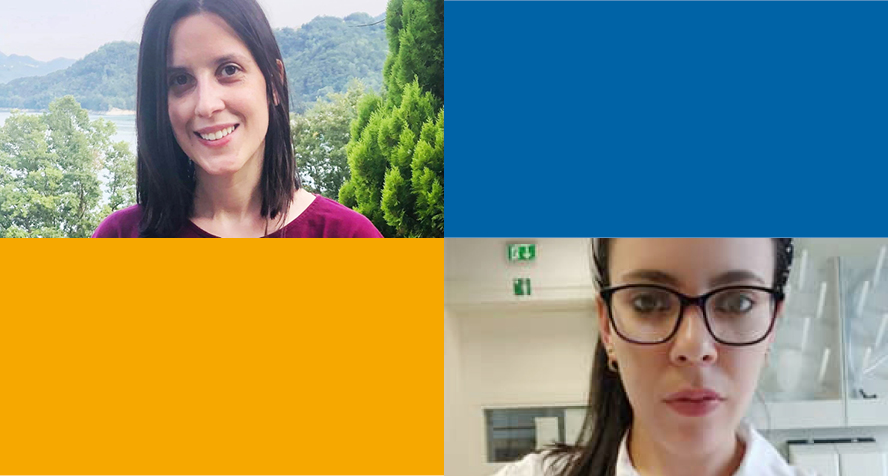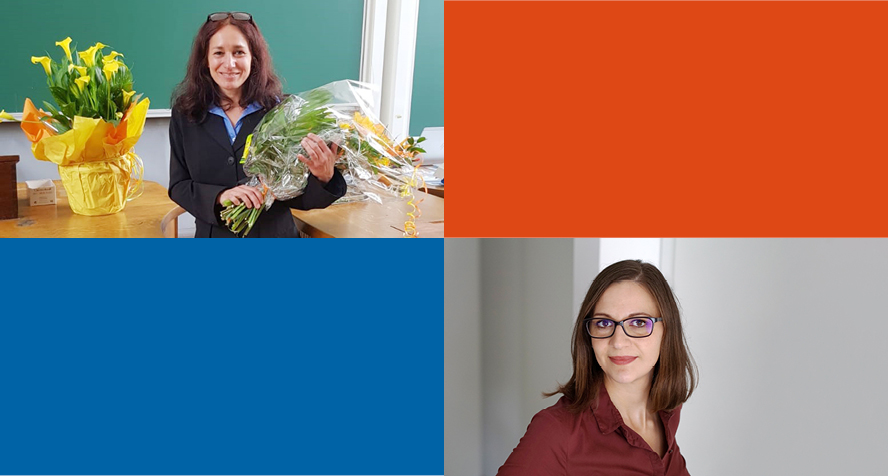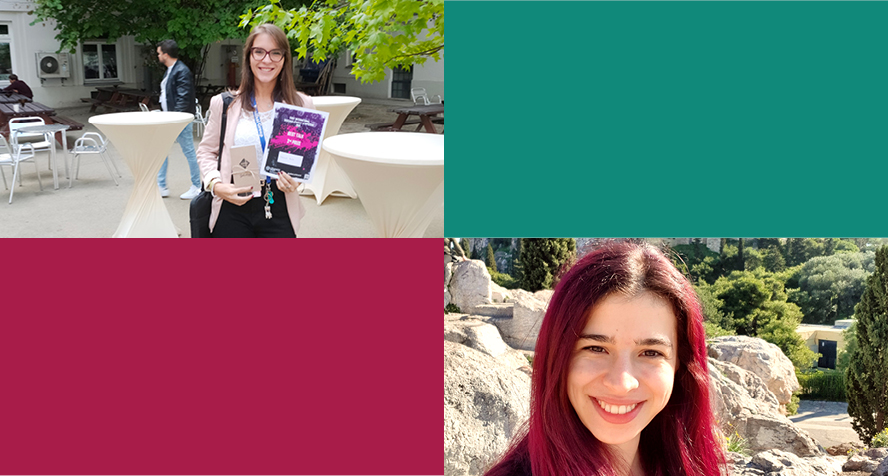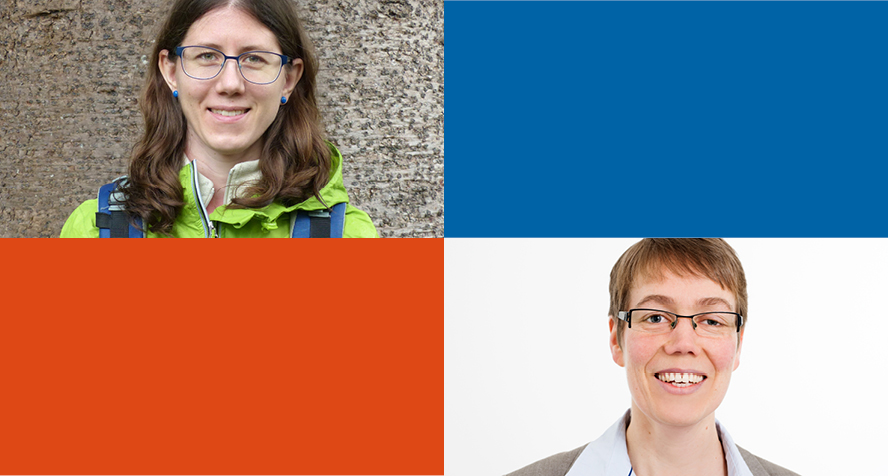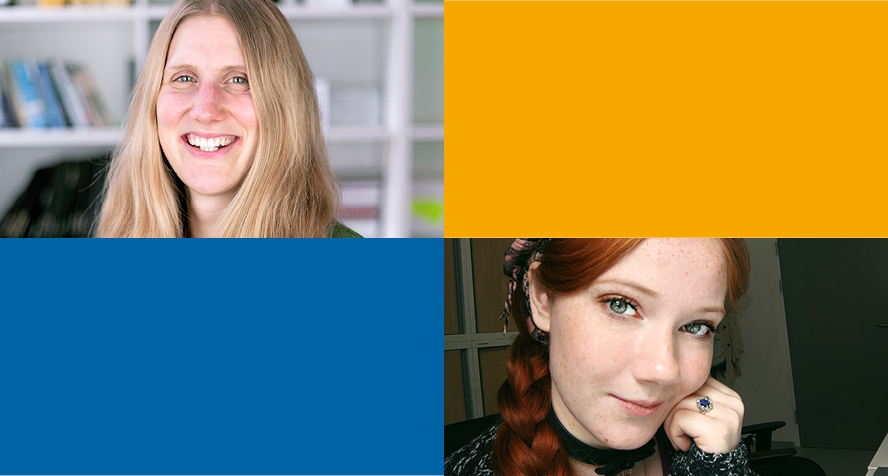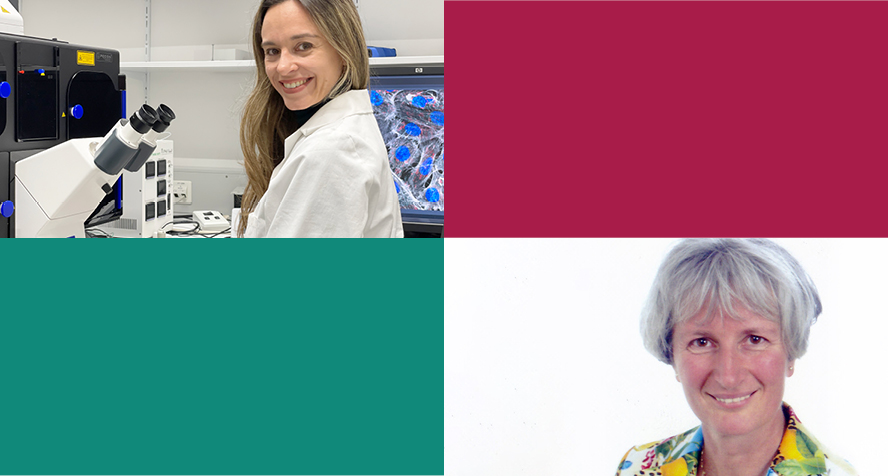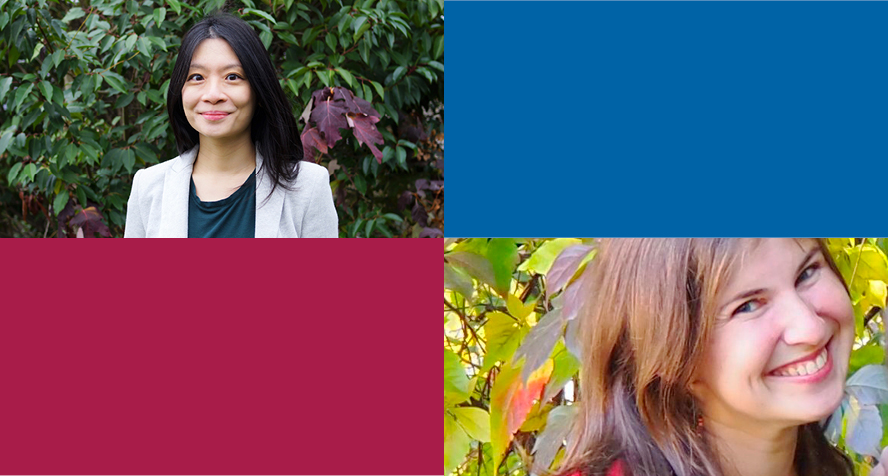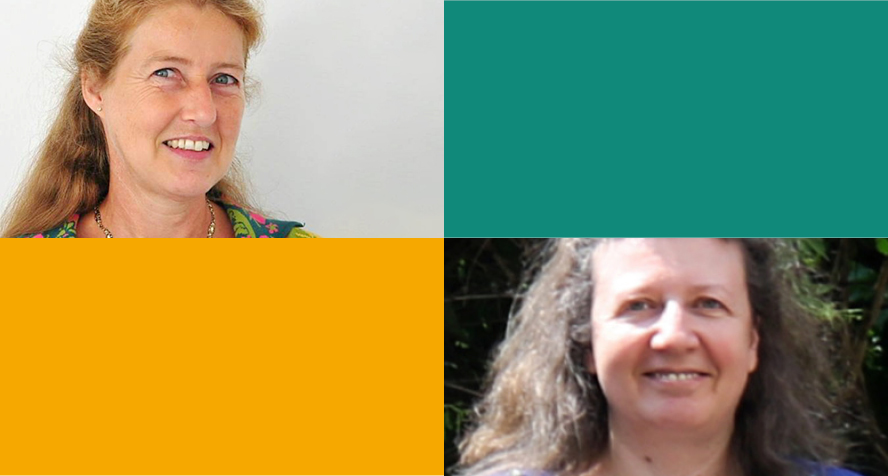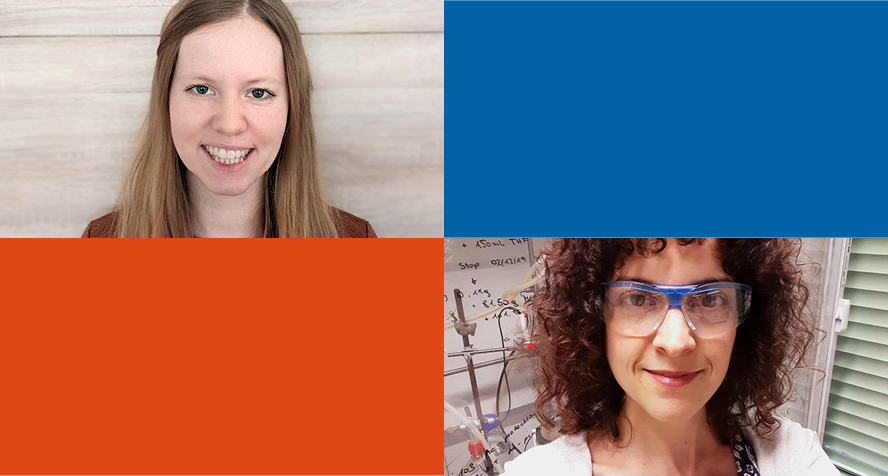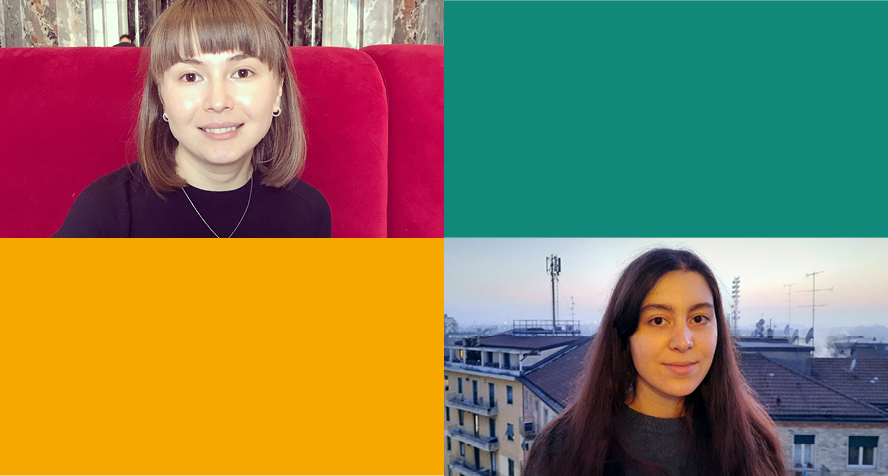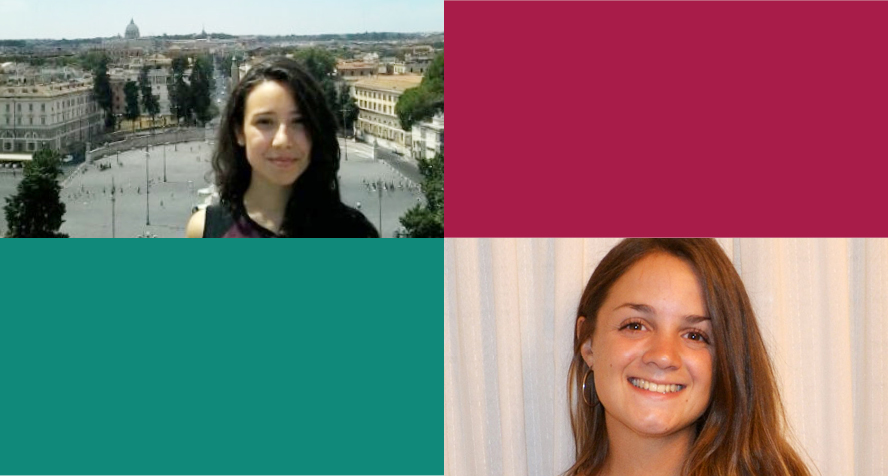Day of Women in Science 2022 @ Faculty of Chemistry
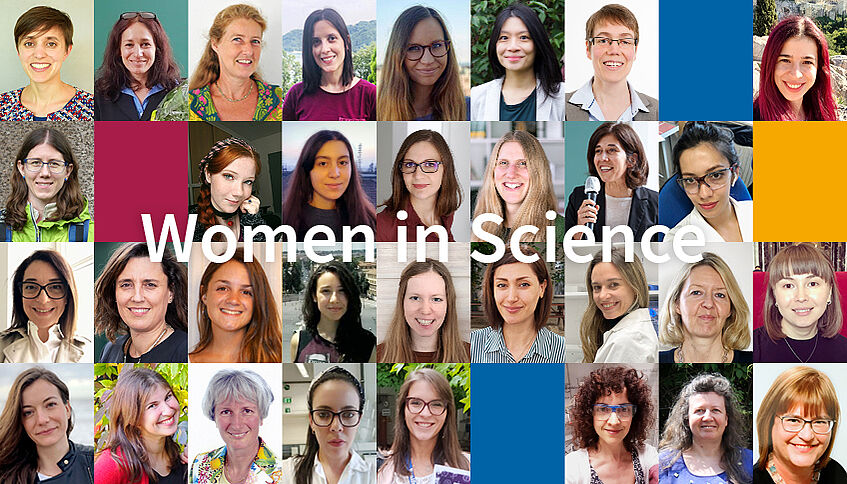
© Faculty of Chemistry
On the occasion of the "International Day of Women in Science" (11 February), the Faculty of Chemistry, in cooperation with the women's network WoChem, focuses on its female scientists, whose diverse work in research and teaching significantly shapes the university location.
The 32 female chemists presented here - including doctoral students, postdocs, senior scientists and professors with a high international profile - are representative of the approximately 140 female researchers working at the Faculty of Chemistry at the University of Vienna. They impressively show how diverse the fields are in which women conduct research at the faculty - from inorganic or organic chemistry, analytical, (bio-)physical and physiological chemistry to theoretical as well as food chemistry.
More female researchers, but leaky pipeline remains
There has been progress for women and their academic careers. The systematic disadvantage of women and female research careers in the university context has been countered with special funding programmes, equal treatment initiatives and gender-sensitive selection procedures, among others.
With a proportion of women of about 40 per cent among the core scientific staff, the situation at the faculty today is relatively good compared to other science branches. The proportion of female professors has steadily increased in recent years.
Nevertheless, the statistics show the leaky pipeline: In June 2021, female pre-docs accounted for 45 per cent of all PhD students in chemistry. The share of women among postdocs was 34 percent, among tenure-track positions only 13 percent, among lecturers 27 percent and among professors 21 percent. Compared to the high women's proportion at the beginning of their career, there is a loss of 24 percentage points at the professorial level.
However, for comparison, the proportion of female professors in the formal and natural sciences cluster at the University of Vienna was only 16 per cent last year; here the leaky pipeline is much more pronounced (Source: Gender im Fokus 7, page 89 f.).
11 February
The International Day of Women and Girls in Science was adopted by the United Nations General Assembly on 22 December 2015. Its purpose is to commemorate the crucial role played by girls and women in science and technology on 11 February each year.
Aiming for a change of culture
"In particular, the promotion of women at the higher career stages, after the PhD, needs increased attention and initiatives," says Gunda Koellensperger, Vice Dean of the Faculty of Chemistry.
Postdocs are often at a stage in their lives where family planning and potentially also childcare are at odds with the continuation of research projects and the application for tenure track positions or prestigious (EU) grants. According to the Vice Dean, this is precisely where more efforts need to be made to counter the leaky pipeline.
Gender aspects are only part of the multifaceted issues of equality. Change is taking place, but it is mainly systemic changes, including cultural change, that can advance equality in research in the long term. At the University of Vienna, the Gender Equality and Diversity unit, among others, is working to further raise awareness and anchor the issues in the university debate.
Initiatives such as WoChem, the network for young female researchers at the Faculty of Chemistry, also promote equality and act as a point of contact. Today, the faculty and WoChem let the pictures of female researchers and their research speak for themselves.
WoChem - Women in Chemistry
WoChem is a network of and for young female scientists at the Faculty of Chemistry of the University of Vienna. Colleagues support each other in third-party fund-raising from women’s empowerment programs. More experienced researchers advise and guide younger scientists in carrier planning by peer-to-peer mentoring.
Upcoming event:
16 February 2022, 8:45 am: Online Global Women Breakfast - Bonifazi group @ Institute of Organic Chemistry & WoChem
Kontakt: https://wochem.univie.ac.at/kontakt/

